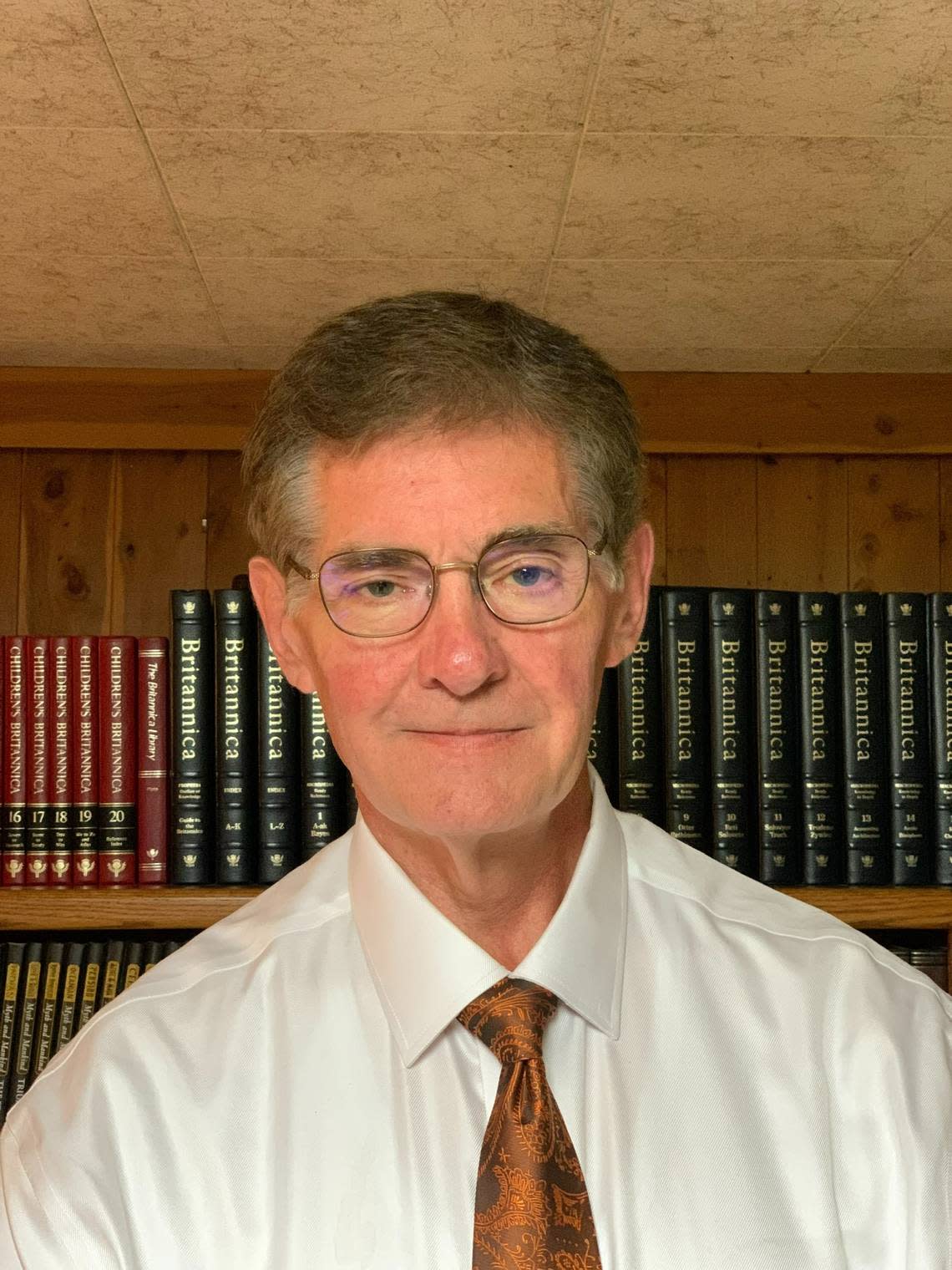Idaho GOP leadership doesn’t trust voters to pick candidates. So now we caucus | Opinion

“Trust the People,” said Ronald Reagan.
“We’re not a Democracy!” retorted the majority of Republicans recently gathered in Challis, Idaho, to decide how Idaho delegates to the Presidential Nominating Convention of 2024 will be chosen. Their answer: party caucuses.
Only once in the past 40 years have Idaho Republicans selected nominees through something other than a secure, state-run primary election. That exception was 2012, when party leaders voted to caucus in hopes of giving Massachusetts Gov. Mitt Romney an early boost. The gamble didn’t pay off and only one in 10 Idaho Republicans participated that year in selecting the presidential nominee.
Today nearly 575,000 Idaho voters affiliate with the Republican Party. If the 2012 experience holds true, fewer than 60,000 of them will take a few hours next year on Saturday, March 2, to attend a meeting listening to representatives of Trump, DeSantis, Scott, Haley and others before casting a vote. That participation is less than the lowest presidential primary turnout on record.
And party officials in Challis had a choice. Of the 200 GOP leaders represented, only about 40 supported accepting a primary election on any date the state was willing to fund. The second Tuesday of March bond election, eliminated by property tax “relief” earlier this year, no longer gets state financing, but it was the only date the Central Committee majority would accept. That is what State Chair Dorothy Moon told legislators back in April. And she read “her people” right.
The prevailing view in Challis was “now we have the reins of power, we must ride this pony hard!” Holding Idaho’s primary earlier in the election cycle “looks” powerful — it might draw attention from national candidates, investment by special interest groups, give “swagger” to Idaho within the Republican National Committee. But these benefits are doubtful.
“Idahoans will have more choices in March,” was a common assertion. What they mean is there is a greater chance to vote for candidates who won’t make it to the convention. Those are wasted votes.
“An Idaho win could boost the chances for a conservative.” Possible, but this is only because the presidential game in February-March is about “defying expectations.” The “talking heads” will give some contests outsized importance, while deeming others “not news.” An Idaho primary win by California’s Larry Elder could draw national attention. But a caucus win by Trump will be announced on election night and then never mentioned again.
“By May the nomination is usually sewn up and Idaho’s voice is irrelevant.” This is the flip side of the “more choices in March” argument. In May, Idaho’s delegates will more likely come from the slate of the eventual nomination winner. If that nominee wins the presidency, having a whole slate of Idahoans who were the president’s delegates looks good for Idaho.
But 2024 may be an exceptional year. It may come down to “Trump vs. Not Trump.” The “not Trump” alternative will shake out after several early races. Who goes to the convention with a majority of delegates may only be decided late, when heavily Republican states like Indiana, Kentucky and Nebraska vote in May. An Idaho vote in that mix becomes very relevant.
The proposal advanced by the Idaho GOP in Challis is problematic. For one, it must pass muster with the Republican National Committee which will want to prevent repeating the disaster of the 2020 Iowa Caucuses. Those caucuses occurred on Feb. 3, with results finally known on Feb. 29.
The RNC will want to know if Idaho’s rural counties have indoor meeting space to accommodate at least 10 percent of Republican voters. Franklin County, for example, must find a venue to hold at least 700 people, and new laws and ecclesiastical policies make schools and most churches unavailable.
In Challis, no one cared about these problems. Early contests attract attention and power. And that was all-important. So, Idaho Republicans, now we caucus.
Trent Clark of Soda Springs has worked within the Republican Party for 40 years and has served in the leadership of Idaho business, politics, workforce and humanities education.

